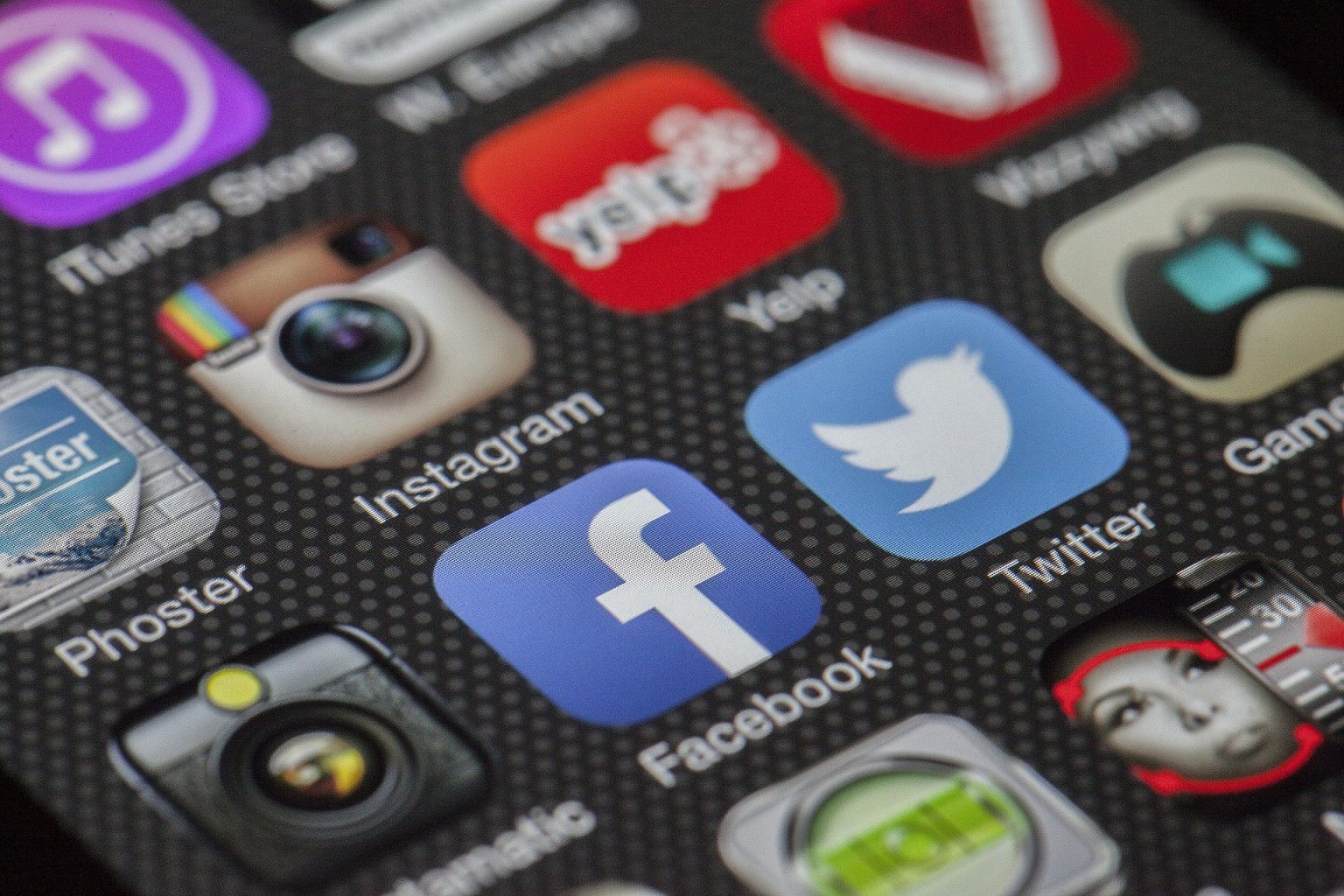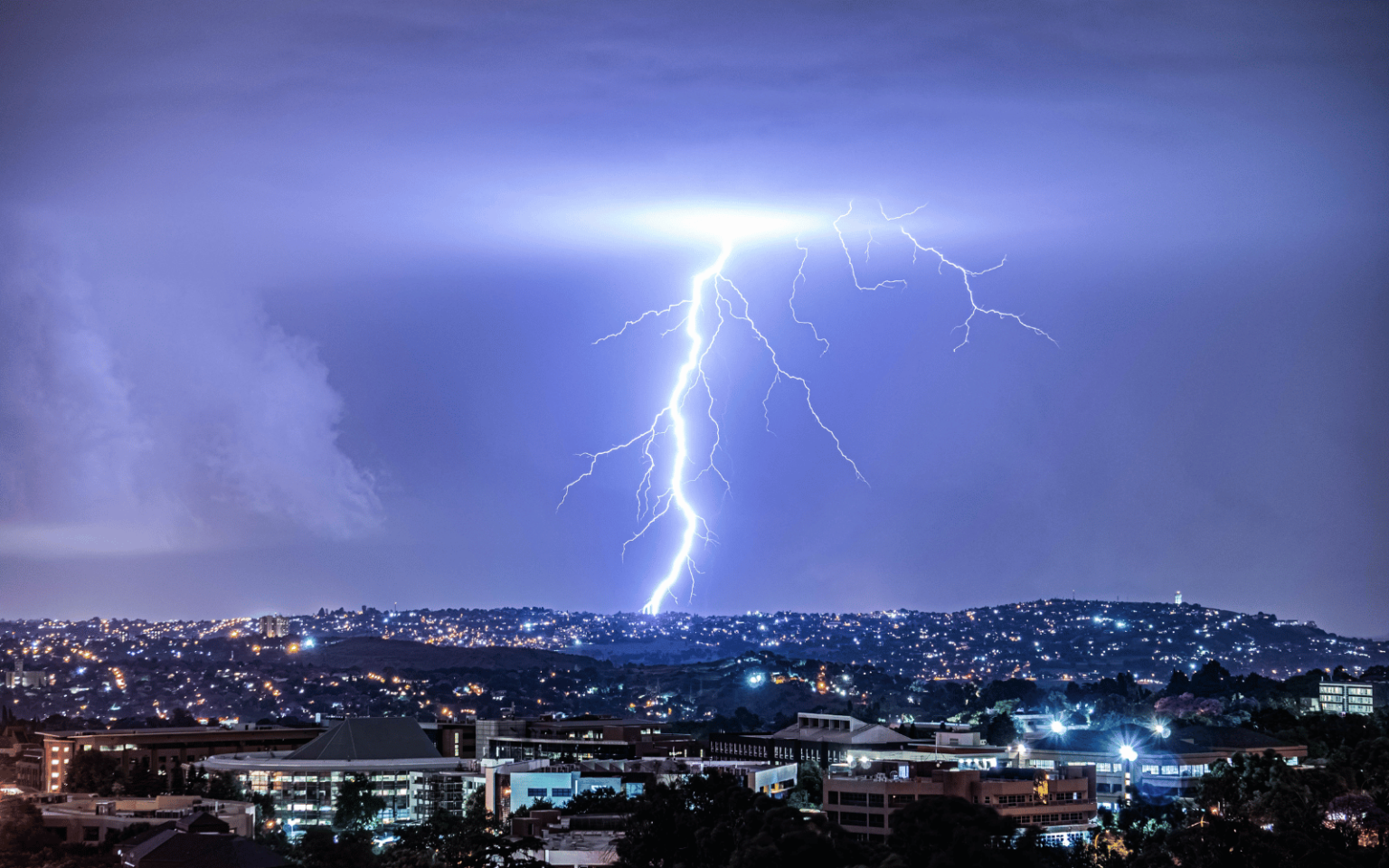Artificial intelligence is increasingly being rolled out all around the world to help make decisions in our lives, whether it’s loan decisions by banks, medical diagnoses, or US law enforcement predicting a criminal’s likelihood of re-offending. Yet many AI systems are black boxes: no one understands how they work. This has led to a demand for “explainable AI”, so we can understand why an AI model yielded a specific output, and what biases may have played a role. Explainable AI is a growing branch of AI research. But what’s perhaps less well known is the role philosophy plays in its development. Specifically, one idea called…
Author: The Conversation
When people think about artificial intelligence (AI), they may have visions of the future. But AI is already here. At its base, it is the recreation of aspects of human intelligence in computerised form. Like human intelligence, it has wide application. Voice-operated personal assistants like Siri, self-driving cars, and text and image generators all use AI. It also curates our social media feeds. It helps companies to detect fraud and hire employees. It’s used to manage livestock, enhance crop yields and aid medical diagnoses. Alongside its growing power and its potential, AI raises moral and ethical questions. The technology has already been at the centre of multiple scandals: the infringement of laws and rights, as well…
The internet plays a central role in our lives. I — and many others my age — grew up alongside the development of social media and content platforms. My peers and I built personal websites on GeoCities, blogged on LiveJournal, made friends on MySpace and hung out on Nexopia. Many of these earlier platforms and social spaces occupy large parts of youth memories. For that reason, the web has become a complex entanglement of attachment and connection. My doctoral research looks at how we have become “databound” — attached to the data we have produced throughout our lives in ways we both can and cannot control.…
Tech companies are always in the news, usually touting the next big thing. However, the tech news cycle recently hasn’t been dominated by the latest gadget or innovation. Instead, layoffs are in the headlines. In the last year, more than 70,000 people globally have been laid off by Big Tech companies – and that doesn’t count the downstream effect of contractors (and other organisations) losing business as budgets tighten. What exactly led to this massive shakeout? And what does it mean for the industry, and you? What’s the damage? Since the end of the pandemic hiring spree, large numbers of employees…
It is time to take human-AI dialogue seriously again. With the release of sophisticated chatbots like OpenAI’s ChatGPT, effective human-AI dialogue has become interesting and accessible to everyone. Even to students writing essays, which has led to some academic concerns. How will we know if what we read was written by an AI and why is that important? Who are we responding to when we comment on an essay or article? By looking to the philosophical history of dialogue, we can reframe the question to ask how we might use these new chatbots in our learning. More capable AIs AI’s connection with…
Could we feed a city on Mars? This question is central to the future of space exploration and has serious repercussions on Earth too. To date, a lot of thought has gone into how astronauts eat; however, we are only beginning to produce food in space. Space launches are quite expensive. And with the growing desire to establish a human presence in space, we are going to have to consider food production in space. But the challenges are vast, requiring research into how plants respond to a variety of changes including to gravity and radiation. As food and agriculture researchers, we explored this question in our…
The recent release of the ChatGPT chatbot in November 2022 has generated significant public interest. In essence, ChatGPT is an AI-powered chatbot allowing users to simulate human-like conversations with an AI. GPT stands for Generative Pre-trained Transformer, a language processing model developed by the American artificial intelligence company OpenAI. The GPT language model uses deep learning to produce human-like responses. Deep learning is a branch of machine learning that involves training artificial neural networks to mimic the complexity of the human brain, to produce human-like responses. ChatGPT has a user-friendly interface that utilizes this technology, allowing users to interact with it in a conversational manner.…
Lightning may look beautiful but every year it kills thousands of people, does huge amounts of damage to buildings and infrastructure, and causes power outages. The only protection we have is lightning rods, which were invented 300 years ago and only protect a small area. The cost of damage from lightning strikes to buildings is hard to determine globally, but insurance company payouts to cover repairs to homes and businesses were roughly US$2 billion (£1.6 billion) in 2020 in the US. Insurance data from the UK suggests the costs of covering lightning strikes are increasing. The problem is only likely to get worse…
ChatGPT is a powerful language model developed by OpenAI that has the ability to generate human-like text, making it capable of engaging in natural language conversations. This technology has the potential to revolutionise the way we interact with computers, and it has already begun to be integrated into various industries. However, the implementation of ChatGPT in the field of higher education in the UK poses a number of challenges that must be carefully considered. If ChatGPT is used to grade assignments or exams, there is the possibility that it could be biased against certain groups of students. For example, ChatGPT may be more…
Almost a century ago, German physicist Werner Heisenberg realised the laws of quantum mechanics placed some fundamental limits on how accurately we can measure certain properties of microscopic objects. However, the laws of quantum mechanics can also offer ways to make measurements more accurate than would otherwise be possible. In new research published in Nature Physics, we have outlined a way to achieve more accurate measurements of microscopic objects using quantum computers. This could prove useful in a huge range of next-generation technologies, including biomedical sensing, laser ranging and quantum communications. We were also able to push beyond the limits of…










